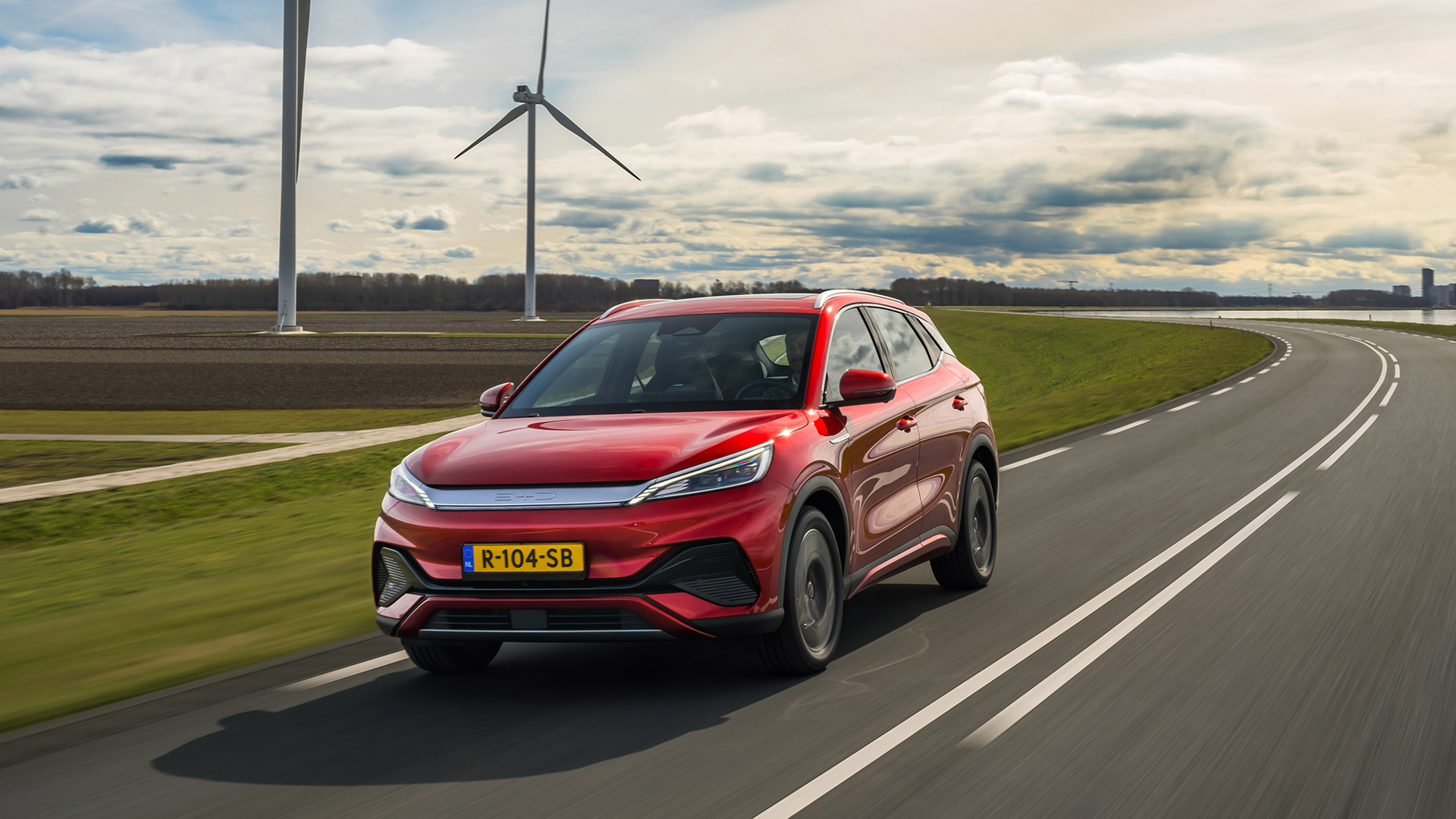

China is the biggest car market in the world, so even though it differs greatly from many other global markets, its influence is felt worldwide. Automakers will tailor their model lineups and technologies to make sure they’re competitive in China and that can trickle out to the rest of the world market. And since more than half of all vehicle sales in China in July were electrified, you can imagine that automakers will see hybrids and EVs as even more important than they already do.
According to Reuters, the China Passenger Car Association (CPCA) claims that a record 50.7% of all new vehicles sold in China in the month of July were “New Energy Vehicles” (NEV) such as plug-in hybrids and EVs. This represents a spike of 28.6% from June, with a 14.4% jump in pure EVs.

Much of the reason for such a large and sudden spike has to do with government incentives, though. In late July, the Chinese government announced that cash incentives for EVs would double to 20,000 yuan ($2,785), and they’d be retroactive to April when they were originally announced. Additionally, many Chinese cities reduced new vehicle purchase restrictions, which were put in place to reduce emissions and clean up the air in congested cities. However, cities like Beijing expanded the quota of plug-in hybrid and electric vehicles by 20,000. Combine those government pushes and you can see why so many customers suddenly flocked to electrified vehicles.
That doesn’t guarantee the immense growth in EV sales will last, of course. This quick spike in EV sales could just be due to the incentives being too good to pass up for many customers and we could see the percentage of EV sales shrink in comparison to internal combustion cars over the next few months. However, it does show how many customers are willing to buy electrified vehicles in China, given the right circumstances, which could influence the sorts of vehicles, technologies, and platforms automakers invest in. And that could affect the entire world market.
Got tips? Send ’em to tips@thedrive.com